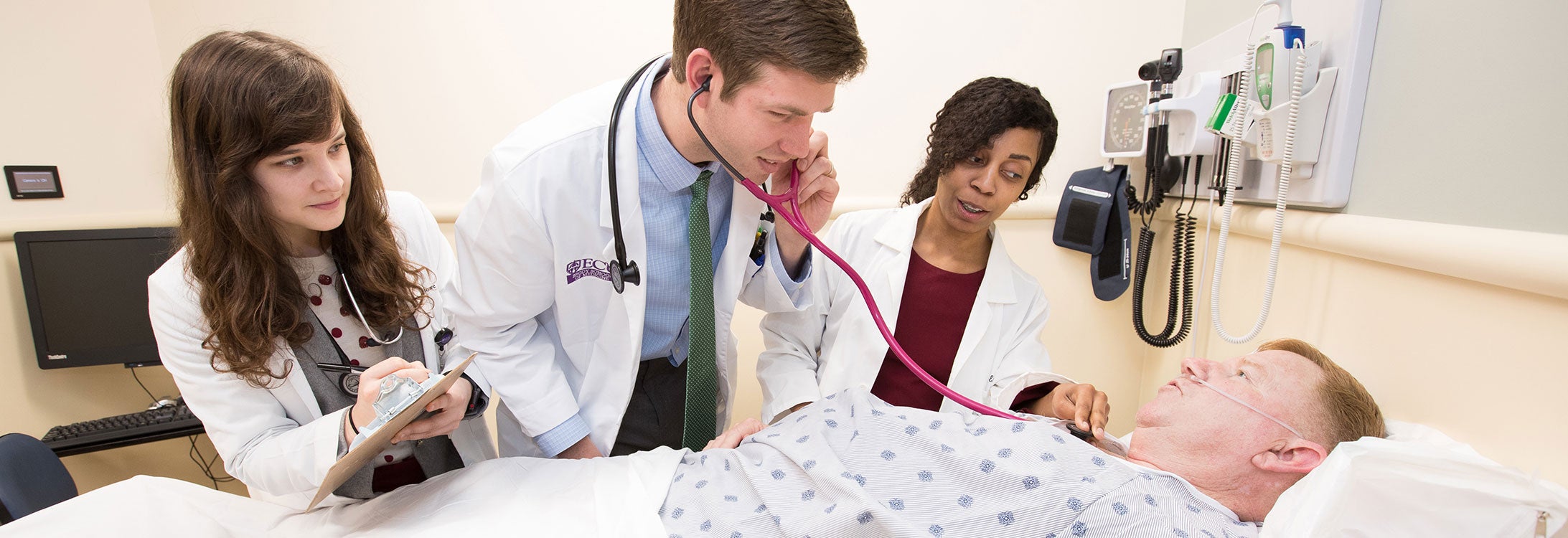IRB FAQs – Unanticipated Problems
What is the definition of an unanticipated problem involving risks to participants or others that should be reported to the IRB?
Studies conducted with an investigational agent or device are subject to the requirements of both the regulations set forth by the Department of Health and Human Services as well as the Food and Drug Administration regulations 21 CFR part 312 (clinical investigations) as well as 45 CFR 46, subpart A (research involving human subjects). The FDA and OHRP have provided guidance documents that define unanticipated problems involving risks to participants or others. The researcher and team are responsible for reporting, to the IRB, study sponsor, NIH, and FDA (according to 21CFR312.32), any unanticipated problems involving risks to participants or others if they are unexpected; related or possibly related to participation in research; and increase the risk of harm. Safety problems must be identified and reported to the IRB in a manner outlined in the approved protocol.
- Unexpected Event: Not previously identified in nature, severity or degree of incidence in the investigational plan, protocol or study application (including any supplementary plan or application); any adverse experience, the specificity or severity of which is not consistent with the current investigator brochure; or, if an investigator brochure is not required or available, the specificity or severity of which is not consistent with the risk information described in the general investigational plan or elsewhere in the current application, as amended (based on 21 CFR 312.32(a))
- Any breaches in confidentiality that would place the participant or others at risk.
- Any change in FDA labeling or withdrawal from marketing of a drug, device or biologic used in a research protocol.
- Any change to the protocol that was taken without prior IRB approval to eliminate apparent immediate hazard to a research participant.
- Incarceration of a participant when enrolled in a study not approved under Subpart C provisions.
- Related or Possibly Related to Participation in Research: There is at least a reasonable possibility that the incident, experience or outcome may have been caused by the procedures involved in the research. UMCIRB extends this definition to a minimum of 30 days post-administration of the test article or intervention
- Increased Risk of Harm: Suggests that the research places participants or others at a greater risk of harm (including physical, psychological, economic, or social harm) than was previously known or recognized.
